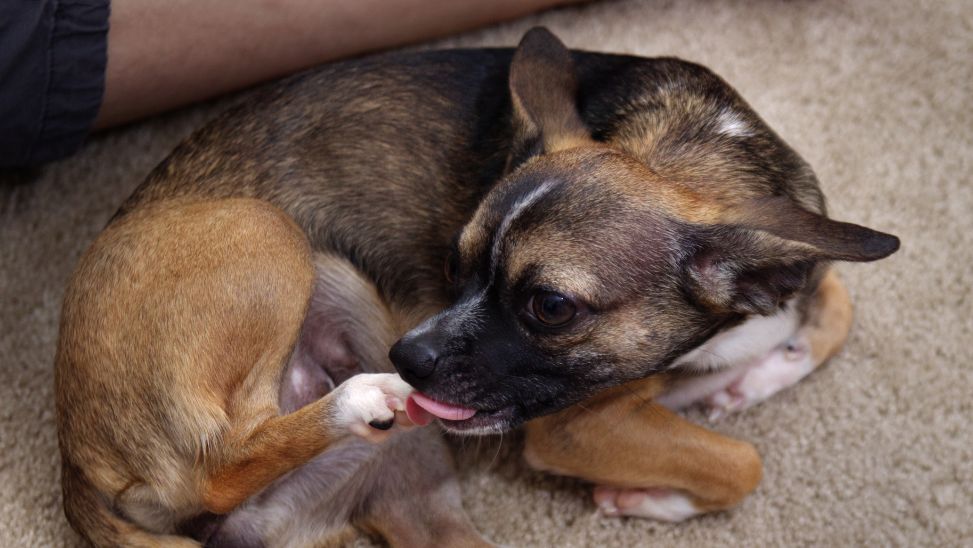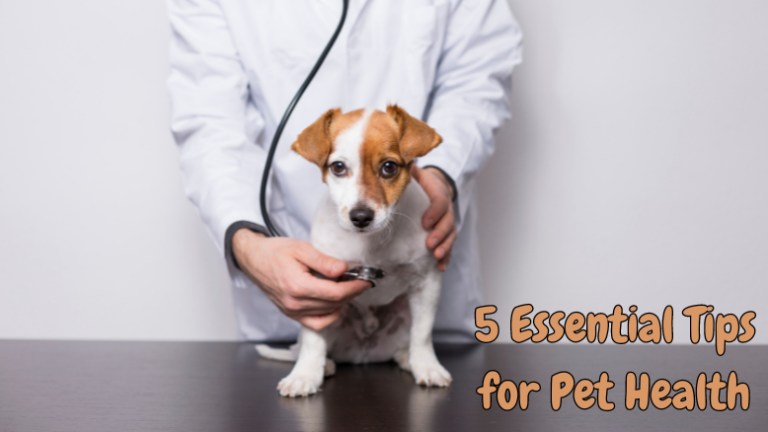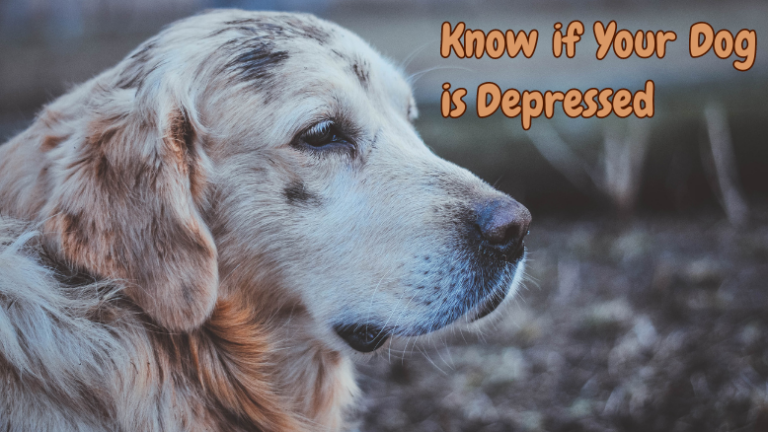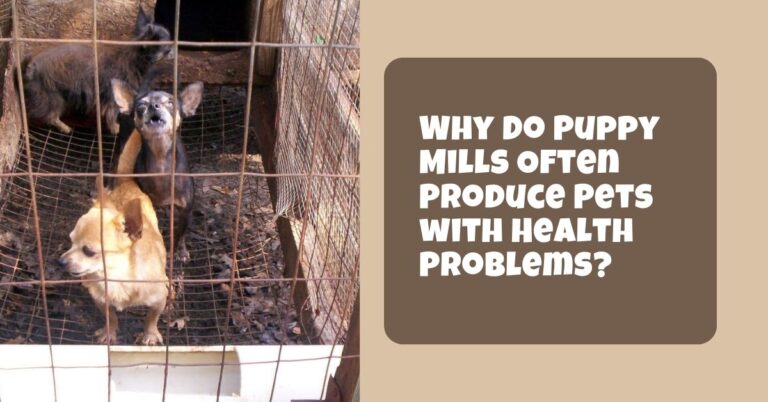
Dogs, those faithful companions who share our lives, have a way of captivating us with their varied behaviors, which fascinate us and sometimes confuse us.
One of those behaviors that often catches our attention is paw licking. It is common, but its deep motivation is usually surrounded by mystery.
As a conscientious pet parent, finding the root causes of this behavior becomes imperative to ensure our beloved furry companions’ overall health and happiness.
Unraveling the Mystery Behind Paw Licking
The Nature of Paw Licking
Upon initial observation, watching our beloved canine companions lick their paws can evoke tenderness and amusement.
However, behind this seemingly harmless behavior is a potential indicator of deeper concerns that deserve our investigation.
Paw licking, when exhibited frequently and intensely, acts as subtle communication from our furry friends, hinting at underlying issues that beg for our attention.
To truly understand the meaning of this behavior, we begin by exploring the multifaceted factors that potentially contribute to its expression.
Potential Causes of Paw Licking
Injuries and Irritations
One of the main causes of excessive paw licking can be physical injuries or irritation. Dogs, in their exploratory nature, may encounter sharp objects or abrasive surfaces that can cause cuts, bruises, or foreign bodies between their paw pads.
Additionally, irritants such as sidewalk salt or chemical residue from cleaning products can cause discomfort, causing dogs to lick their paws in an attempt to remove them.
Skin Conditions
Skin conditions, including dermatitis, allergies, or fungal infections, can also trigger paw-licking behavior. Allergens present in the environment or ingredients in their diet can cause irritation and itching, forcing dogs to lick their paws.
Parasitic Infestations
Parasites such as fleas, ticks or mites can cause intense itching and irritation, causing dogs to focus their attention on licking their paws. Identifying and treating these parasites is essential to relieve discomfort and prevent further complications.
Underlying Health Issues
In some cases, paw licking may be a manifestation of underlying health problems, such as arthritis or neurological disorders. Dogs experiencing pain or discomfort in their extremities may resort to licking their paws in an attempt to relieve the discomfort.
Behavioral and Emotional Factors
Psychological factors such as stress, anxiety, or boredom can also contribute to paw-licking behavior. Dogs may lick excessively as a self-soothing mechanism or as a way to get attention or relieve boredom.
Identifying and Addressing Paw Licking Behavior
Observation and Examination
As pet owners, it is important to closely observe our dogs’ behavior and perform regular physical examinations for signs of injury or inflammation. Paying attention to behavioral changes and seeking immediate veterinary advice can help identify and address underlying problems.
Veterinary Consultation
If paw licking continues or is accompanied by other symptoms such as redness, swelling or discharge, it is important to consult a veterinarian. A thorough physical examination and diagnostic testing may be necessary to determine the underlying cause of the behavior.
Treatment and Management
Treatment for paw-licking behavior will vary depending on the underlying cause identified by the veterinarian. These may include medications to relieve itching or irritation, dietary changes to address allergies, or behavior modification techniques to manage stress or anxiety.
Preventive Measures
Taking proactive steps to prevent paw-licking behavior can help maintain your dog’s overall health and well-being. This may include regular grooming, keeping your dog’s environment clean and free of potential irritants, and providing physical and mental stimulation to prevent boredom.
Conclusion
In conclusion, paw-licking behavior in dogs can be due to a variety of causes, from physical injuries to underlying health issues and emotional factors.
As responsible pet owners, it is important to closely monitor our dogs’ behavior, seek veterinary advice when necessary, and take proactive steps to address any underlying issues.
By understanding and addressing the root cause of paw-licking behavior, we can ensure the health and happiness of our beloved canine companions.
FAQ
Why is my Dog constantly licking its paws?
Dogs might lick their paws for several reasons, including allergies, irritants, infections, injuries, or even boredom and anxiety. It’s essential to observe for any additional symptoms and consult a vet if it persists.
How can I stop my dog from licking its paws?
First, check your dog’s paws for any obvious issues like cuts, swelling, or foreign objects. Clean the paws with mild soap and water, and ensure they are dry. Apply a vet-recommended anti-itch spray if necessary.
Is it good or bad if my dog licks its paws?
Occasionally licking paws is normal and can be a part of grooming. However, if your dog licks its paws excessively, it can be a sign of an underlying issue like allergies, infections, or anxiety. Persistent licking is generally bad and should be checked by a vet to determine the cause and prevent further problems.
Is it normal for dogs to lick their paws?
Yes, it’s normal for dogs to lick their paws occasionally as part of their grooming routine. However, if the licking becomes frequent or obsessive, it may indicate issues such as allergies, infections, or anxiety, and it’s best to consult a vet.
Why Do Dogs Lick Their Paws at Night?
Dogs might lick their paws at night due to allergies, irritants, or discomfort that becomes more noticeable when they’re resting. It can also be a sign of anxiety or boredom. If the behavior persists, consult a vet to identify and address the underlying cause.






